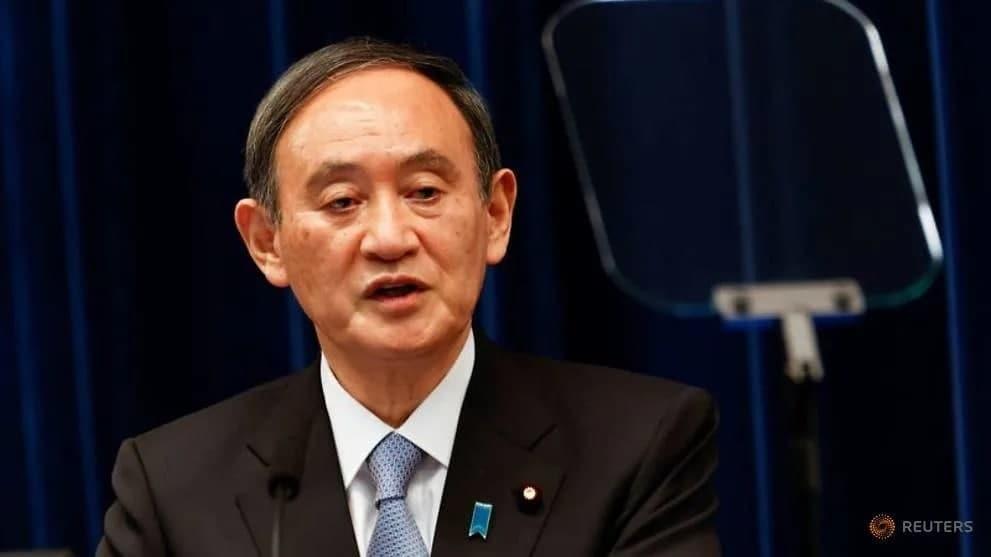TOKYO, April 15 (AFP) - Japan's prime minister heads to Washington on Thursday (Apr 15) to become the first foreign leader to hold face-to-face talks with US President Joe Biden, with concerns about China topping the agenda.
Yoshihide Suga will be hoping to renew the all-important alliance with Washington after the Trump era, as well as compare notes on an increasingly assertive Beijing.
The trip comes after two top US officials visited Japan in March, and following a summit of leaders from the Quad alliance - a grouping of the United States, Japan, Australia and India.
The theme of all the diplomatic activity has been clear: Signalling a united front to Beijing at a time of growing concern about its military stance and human rights issues.
In Tokyo, Suga's trip is seen as "a sign that the United States puts top priority on East Asia in its diplomacy", said Kunihiko Miyake, president of Japan's Foreign Policy Institute think-tank.
"It means Washington now shares Japan's concerns about a dramatic change in the strategic environment in East Asia over the past decade," said Miyake, a former foreign ministry official.
Japan has been increasingly vocal about China's maritime expansion and military build-up, publicly protesting the presence of Chinese vessels around disputed islets known as the Senkaku by Tokyo and the Diaoyu by Beijing.
A joint statement from Biden and Suga is expected to restate that the Tokyo-administered islands are protected under the Japan-US security treaty. It could also reference concerns over human rights in Hong Kong and Xinjiang.
The two sides may struggle to agree on some other areas, however, said Kyoji Yanagisawa, president of the International Geopolitics Institute Japan, with Tokyo favouring a more cautious tone than Washington.
"The impact of intensifying US-China tension on Japan, a neighbour of China, will be significant in both national security and economic terms," Yanagisawa said.
"Japan needs to think about how it will be able to mediate between the US and China," he told AFP.
Recent lower-level talks have called for "peace and stability in the Taiwan Strait".
But the Financial Times reported this week that Washington wants a joint statement referencing Taiwan, which would be the first by US and Japanese leaders since 1969.
